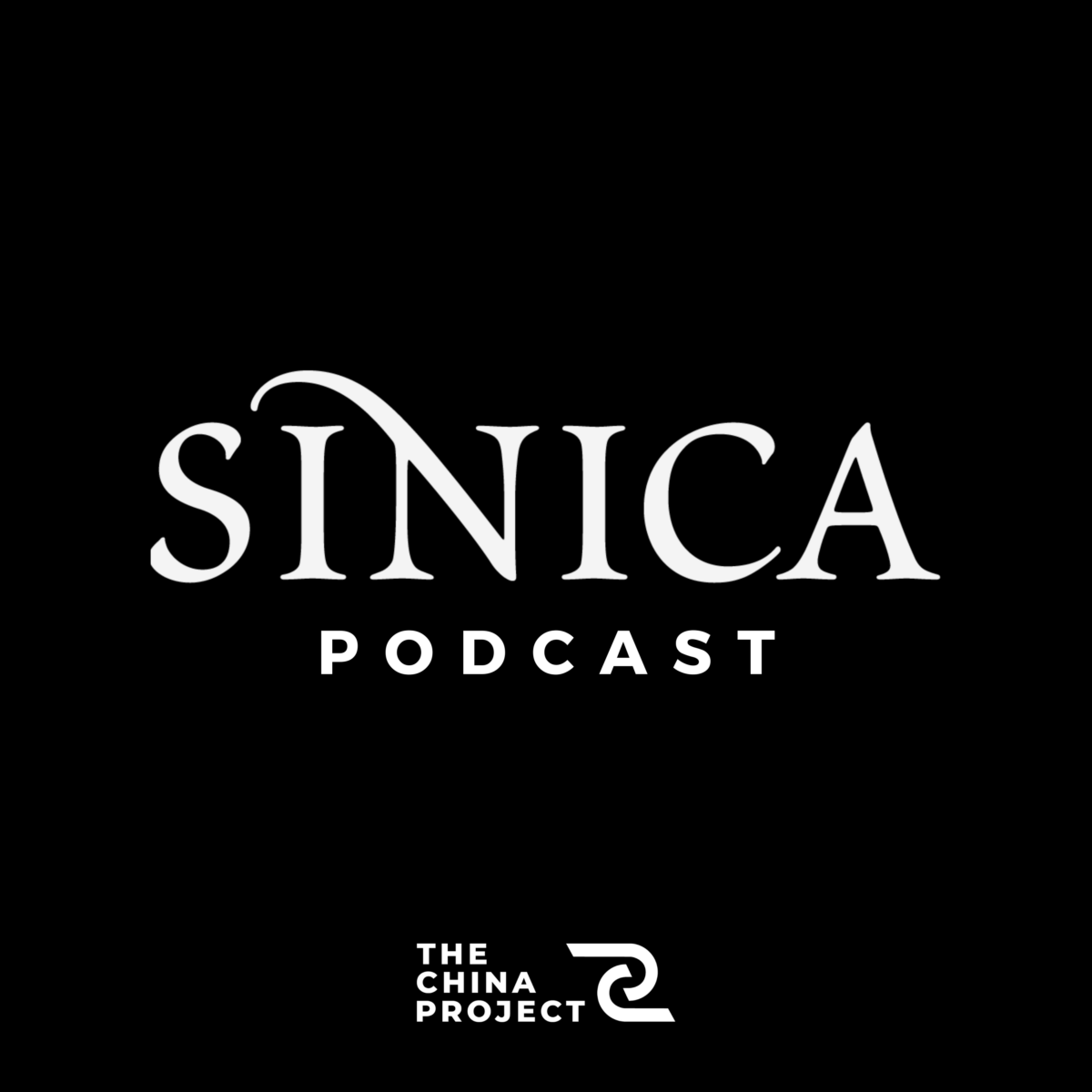This week on the Sinica Podcast, Kaiser chats with Indiana University political scientist Jason Wu about his work on China’s ideological landscape. With so many now framing the contest between the U.S. (or, more broadly, “the West”) and China in terms of ideology, it makes sense to examine what “ideology” means to each party, to get a sense of what China’s actual ideology consists of, and how Chinese people understand their own ideological positioning relative to concepts like “left” and “right” that are familiar in the West. Wu’s research yields some very surprising results: In most countries that have been studied, the degree of ideological constraint — coherence or consistency among different issue positions — tends to be higher among people with greater knowledge of politics. But in China, as with so many other things, just the opposite appears to be true.
4:23 – What is the meaning of “ideology”?
15:37 – What is China’s ideology?
20:17 – On “The Nature of Ideology in Urban China” and the odd inverse correlation between political knowledge and ideological consistency in China
40:18 – On “Categorical Confusion: Ideological Labels in China” and the meaning of “left” and “right” in China
A transcript of this podcast is available on TheChinaProject.com.
Recommendations:
Jason: The campus novels Lucky Jim by Kingsley Amis and Straight Man by Richard Russo; and the two-person board game Twilight Struggle
Kaiser: The Magic Mountain by Thomas Mann








